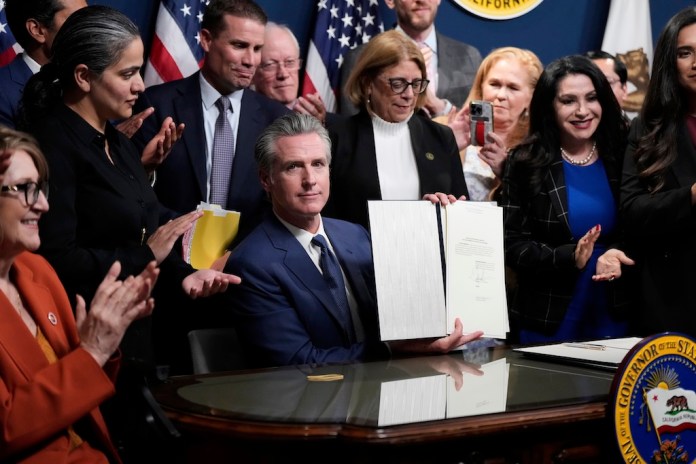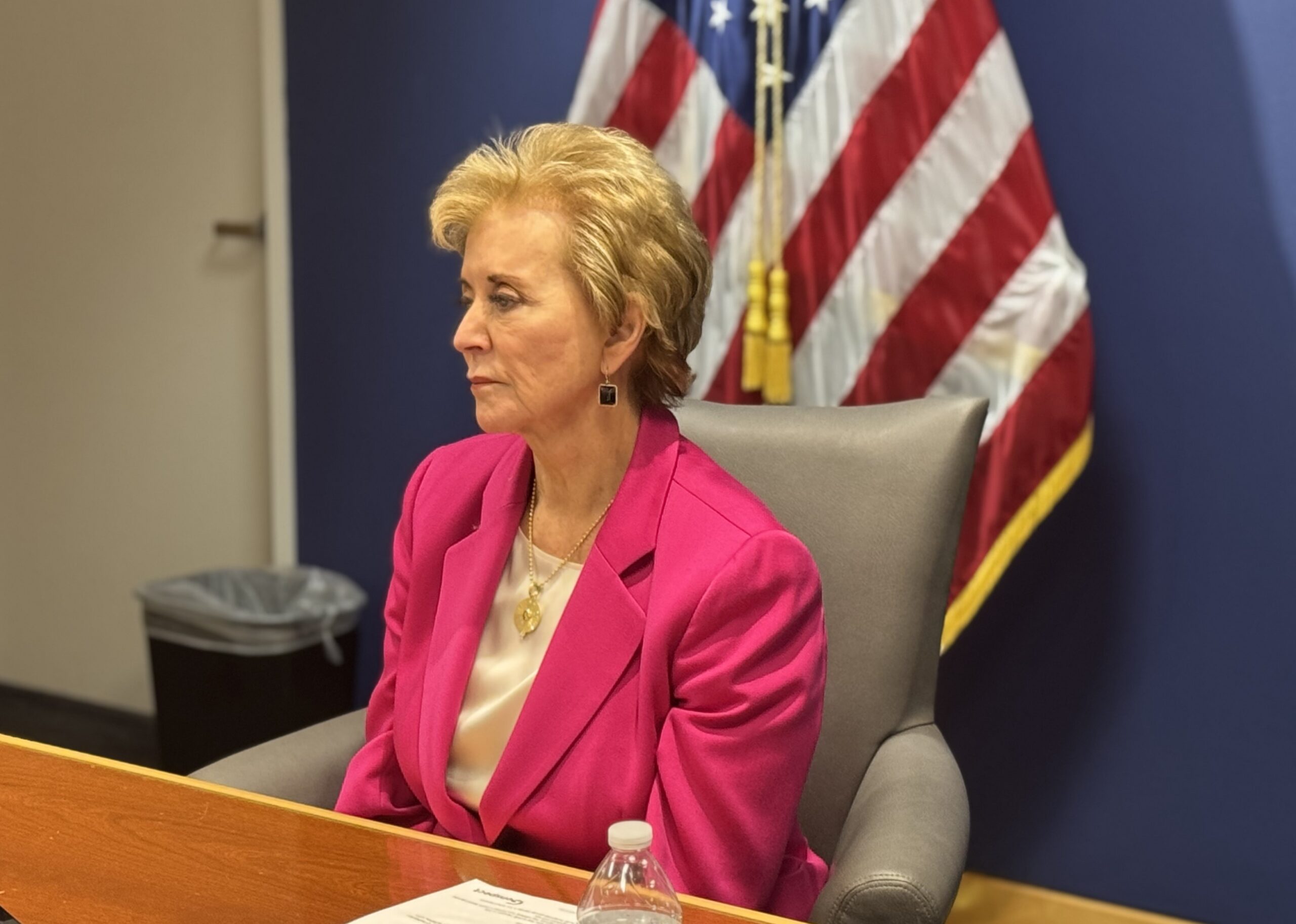This Labor Day, Ask Why States Like CA Restrict Freelance Work
This Labor day marks nearly six years since CaliforniaS Assembly Bill 5 (AB 5) was enacted, significantly disrupting the lives of freelancers, autonomous professionals, contractors, and small business owners.Originally aimed at regulating gig economy companies like Uber and Lyft, AB 5 ended up affecting over 600 professions and displaced hundreds of thousands too millions of self-employed workers across various skilled fields such as journalism, music, and healthcare. Despite subsequent legislation expanding exemptions and propositions like Proposition 22 allowing app-based drivers to remain independent contractors, many challenges persist. Critics argue that AB 5 restricts workers’ flexibility, burdens businesses, and harms California’s economy, leading many independent professionals to relocate to more business-amiable states. The law’s adverse impact is now spreading, with similar regulations proposed in other states like New Jersey, and concerns growing over potential federal legislation that coudl further restrict independent contracting. Stakeholders urge caution to prevent AB 5’s model from expanding nationwide, emphasizing the importance of preserving the flexibility and autonomy of independent workers.
This Labor Day marks nearly six years since Assembly Bill 5 was signed into law by California Gov. Gavin Newsom, upending the lives of freelancers, independent professionals, contractors, and small business owners across the state. What happened in California is spreading to other states like New Jersey. Policymakers should watch out that anti-“gig workers” laws and regulations, pushed by labor unions, don’t force independent contracting out of their states.
Five years after taking effect, Assembly Bill 5 (AB 5) remains an adversarial law that handcuffs independent professionals’ ability to work as they choose. It is a bane to small businesses and a drain on California’s economy. The unions’ target was the gig economy (e.g., Uber and Lyft) and the trucking industry. However, this neutron-bomb of a law affected more than 600 professions, according to its critics. It disrupted or displaced the careers of between 600,000 and 3.5 million self-employed workers, independent contractors, and entrepreneurs overnight. This included journalists and writers, musicians, interpreters, nurse practitioners, and tutors — all professions where skill level, additional training, and often certifications are built over time and meticulously maintained.
The unexpected pushback against AB 5’s broad brush forced the legislature to expand the law’s exemptions to include roughly 100 professions in AB 2257, which was instituted a year later. In 2022, a majority of voters passed Proposition 22, which allowed app-based drivers and delivery services to remain independent contractors. However, Proposition 22 did not solve the issues created by AB 5.
“Nothing bugs me more than when I see written that, ‘AB5 was so bad that they had to pass an emergency bill to exempt a hundred professions,’ [then] people think, ‘Oh, problem solved.’ No, the problem is not solved,” said Karen Anderson, an independent writer in California and founder of the 18,000-member-strong Freelancers Against AB5. “All of those exemptions are smoke and mirrors, and they come with fine print, and between six, to 12, to 13 caveats and hoops that you have to jump through.”
As a former California independent professional, I experienced this firsthand. I worked as a writer-consultant, reinvention coach, and registered yoga instructor and programs lead, but AB5 killed the last two aspects of my livelihood.
Although the exemption bill (AB 2257) allowed me to continue my work as a writer and journalist, the chilling effect of AB 5 spooked companies from hiring California contractors. Companies did not want the potential liability. Corporations that solicited independent contractors through platforms like Upwork and FlexJobs would add a codicil to their project descriptions that essentially barred California writers.
The Covid pandemic and California’s subsequent lockdowns were the death knell to many professions and the beginning of the diaspora of independent professionals from the state. After three years, I joined that exodus, moving to Alabama, a right-to-work state that respected independent professionals and encouraged small businesses to thrive.
A 2024 study done by The Mercatus Center at George Mason University analyzed the effects of AB 5. Despite claims by the bill’s sponsor, former Assemblywoman Lorena Gonzalez, that the law would benefit the supposedly “misclassified” workforce, the researchers found “robust evidence” that AB5 precipitated not only the decline in self-employment, but also overall employment.
Linda “Pinky” George worked for the state of California for 30 years, and saw firsthand how businesses were treated. “This progressive government we have here in California is really destroying all of our businesses. And that’s the sad part about it, because they absolutely have made California not business-friendly,” she told me. George is now an independent singer, bandleader, and community advocate who ran for her small town’s city council.
Freelance attorney and political cartoonist Jim Thompson described the law as “a tick that’s burrowed in.”
California’s anti-worker law is spreading from coast to coast. Public commenting recently closed on proposed regulations in New Jersey that would implement the hardship of AB 5. As Independent Women explained in their organization’s public comment, the proposed rules “would lead to mass reclassification of independent contractors across the state. Workers, especially women, who depend on this model of work will lose flexibility and be forced out of the workforce.”
Most concerning are the looming threats of a federal version of AB 5 that has been deceptively woven into the Protecting the Right to Organize (PRO) Act and an independent contractor rule issued by the outgoing Biden Department of Labor in 2024.
“The exemption for musicians took me out of the immediate crosshairs,” bandleader and musician Aaron Gayden explained, “but the real monster is the PRO Act and rules made by the Federal Department of Labor. It’s all been a sword of Damocles waiting to sever the very head of the concept of an independent workforce.”
In August, the Department of Justice announced it would seek comments from small businesses on state laws and regulations that they feel have had adverse effects on the national economy and interstate commerce. AB 5 fits that description.
“There’s no silver lining here in California, we’re just seemingly stuck with it,” Anderson said. “But we can be the ones that share the cautionary tale to prevent it from metastasizing to other states.”
Jennifer Oliver O’Connell is a small business owner, entrepreneur, independent contractor, and visiting fellow with the Center for Economic Opportunity at Independent Women.
" Conservative News Daily does not always share or support the views and opinions expressed here; they are just those of the writer."


